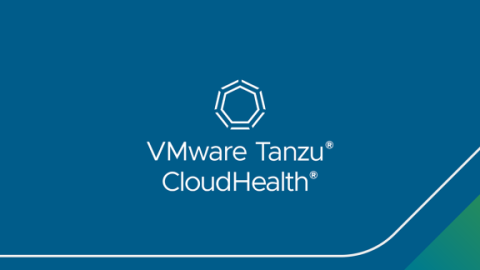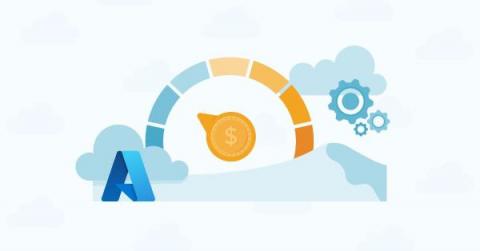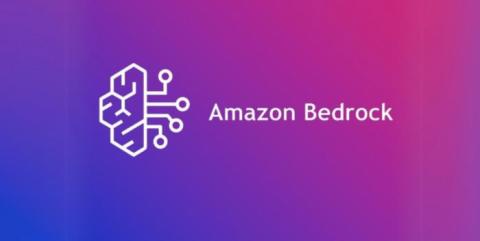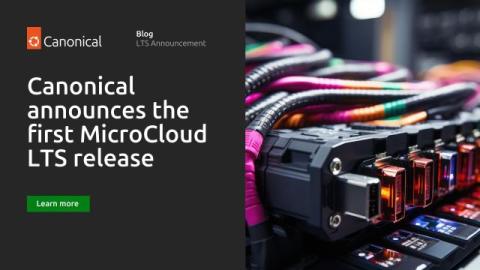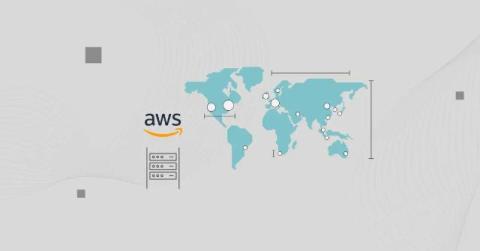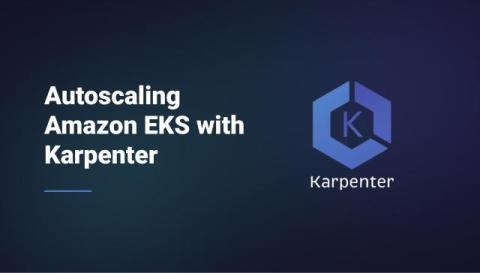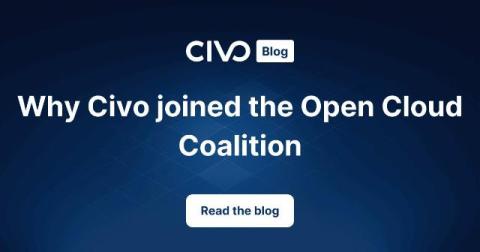Identify deprecated Lambda functions with Datadog
AWS Lambda supports nearly any programming language by enabling developers to run serverless functions with either supported or custom runtimes. Once a runtime is deprecated, however, AWS will set dates for when you can no longer create or update functions using that runtime. You will then need to decide what course of action to take to ensure your Lambda functions continue running as expected.



